- Town or countryside?
Both – the countryside feels comforting and nostalgic as I mainly grew up in villages and small towns. I like it for nature, hikes and generally just having some quiet time. I also really like bigger towns for their liveliness and vibrancy, as well as the diversity of greenspaces to discover.
- Summer or winter?
Summer for the long days, warm weather, wildflowers and pollinators. Winter can also be a beautiful season with its own richness in wildlife and landscapes.
- Early bird or night owl?
Night owl with the occasional urge to be an early bird (especially on warm summer days).
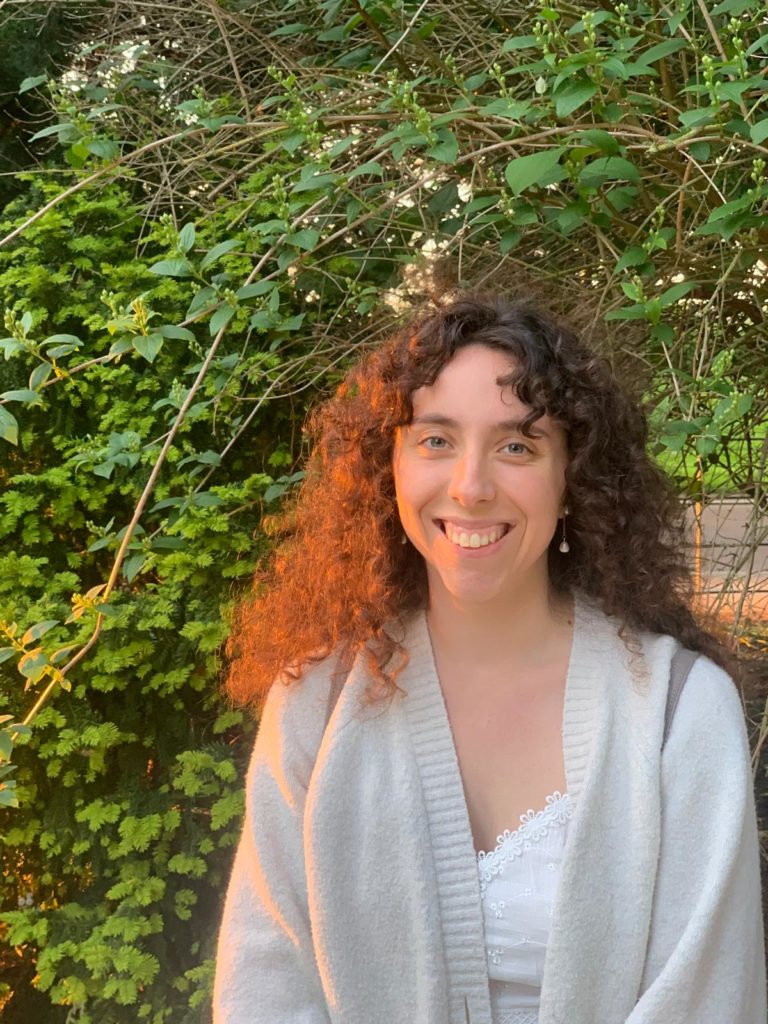
- Outdoor or indoors?
Both – I like going outside to spend time in nature (particularly doing some nature photography!) and staying inside to play music, create art and just relax.

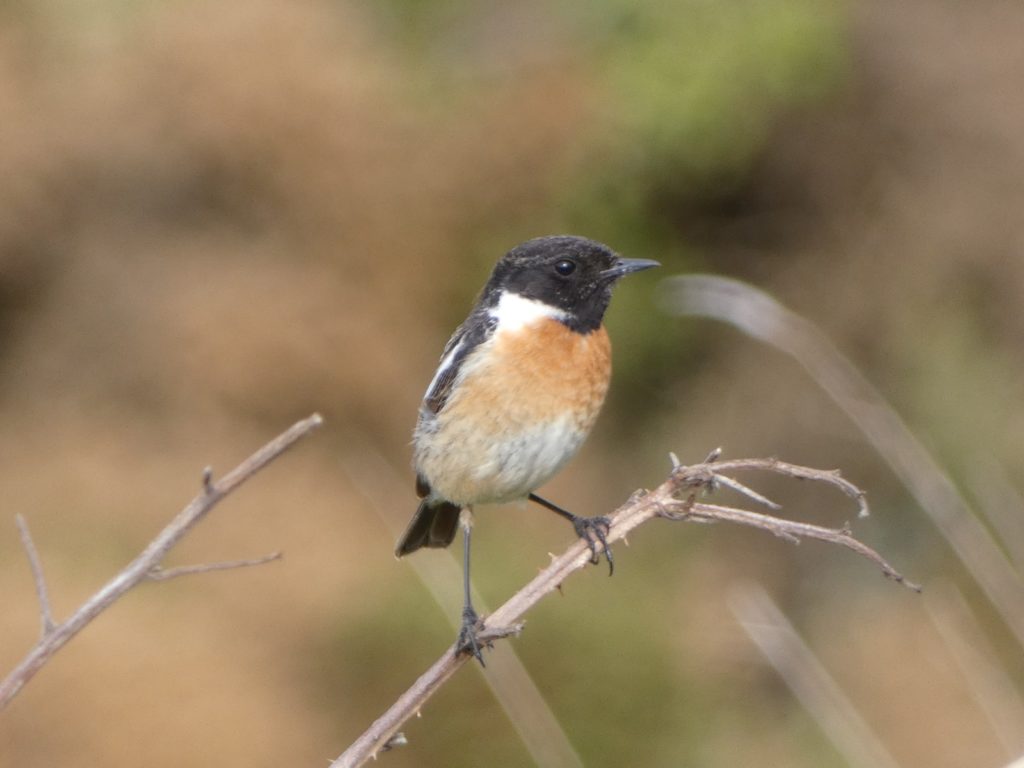

- Plants or animals?
I’ve always been more interested in studying animals, although plants are great too. My interest in animals and plants converges especially when it comes to studying pollinators.
- What species is closest to your heart and why?
There isn’t a specific species, but I love bees. I only started getting interested in them later in life, following on from my undergraduate dissertation which was on solitary bees. Ever since, I’ve become very intrigued!
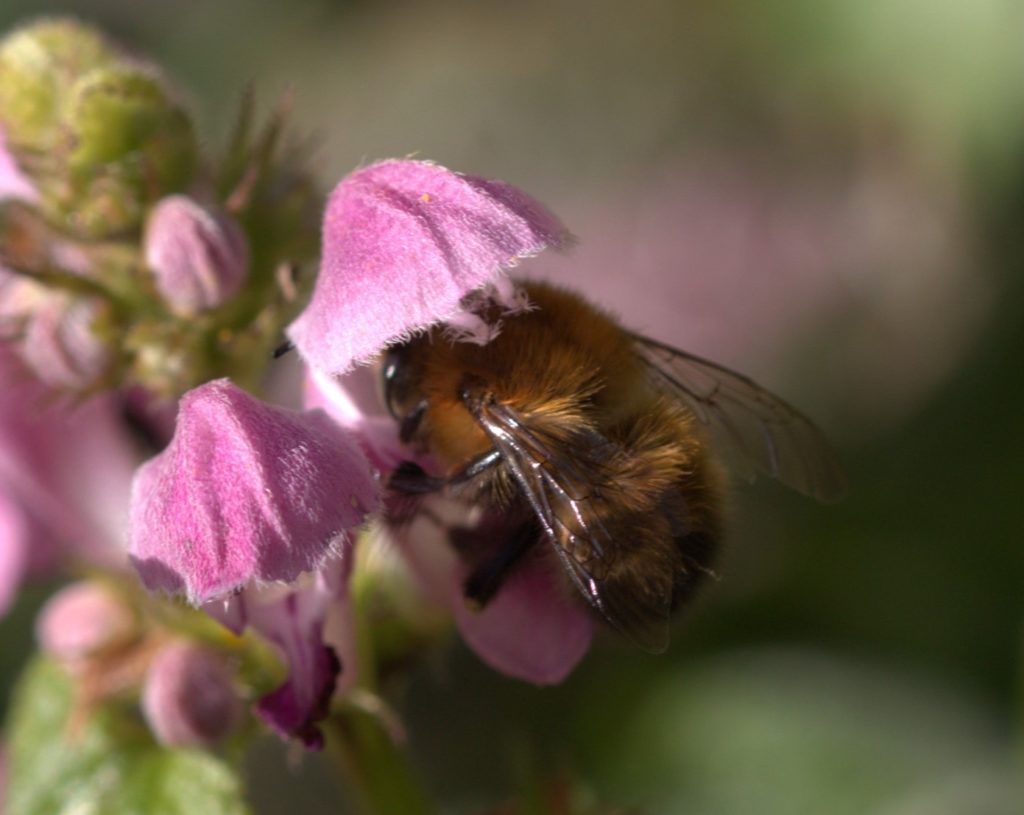
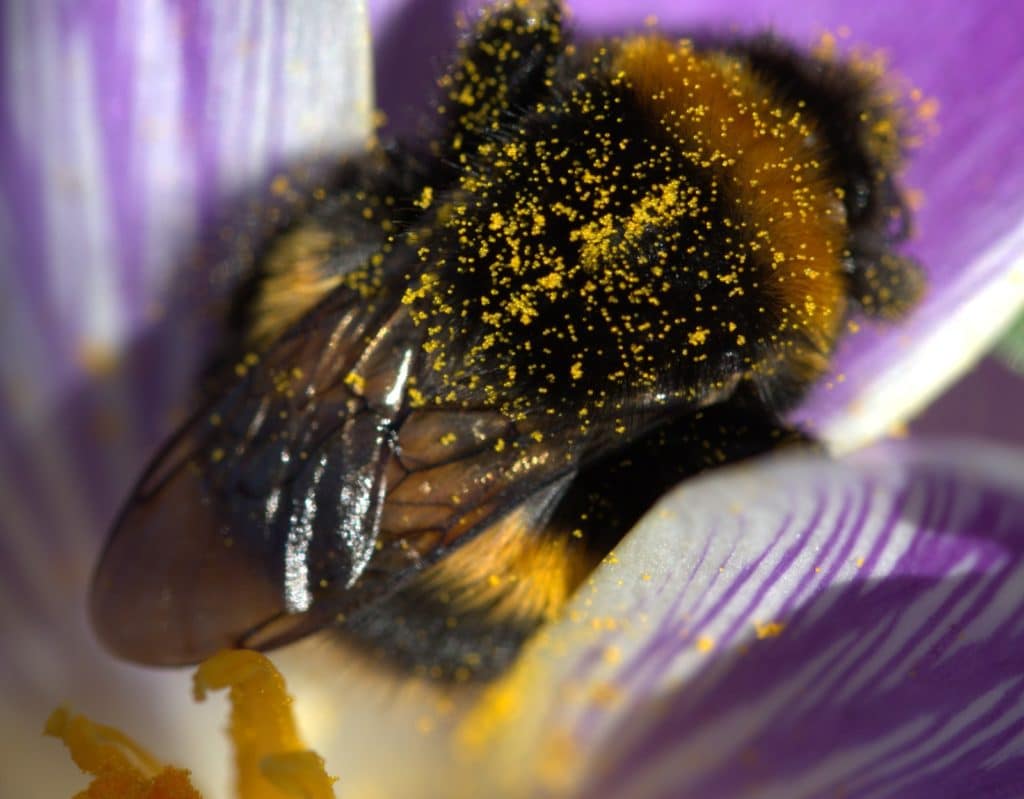
- What is your favourite Greater London open space and why?
There are many I haven’t explored yet but my favourite so far is Battersea Park. It feels wilder than a lot of the popular London green spaces and it’s a lovely, peaceful place to go for a wander. It has pockets of several different habitats which gives it an enjoyable variety.
- What has been your most formative experience working with the natural environment? And what did you learn then that you keep with you today?
Perhaps the most exciting experience working with the natural environment was during a field trip when studying MSc Global Biodiversity Conservation at the University of Sussex. With my classmates, we went to the Red Sea in Egypt and spent a week and a half doing ecological surveys of marine species whilst scuba diving amongst coral reefs. It was a magical experience in itself and also taught me how important it is to understand each other’s strengths to become an efficient team when carrying out ecological field work. The importance of team work also applied to another particularly formative experience, which involved being a part of the nationally important Sussex Kelp Recovery Project for my Master’s dissertation. As a team, we carried out data collection from a boat to assess the diversity of marine species off the coast of Sussex. My involvement in this project also allowed me to gain valuable insight into all the steps involved in the scientific method, from data collection, storage and analysis, to finally interpretation.
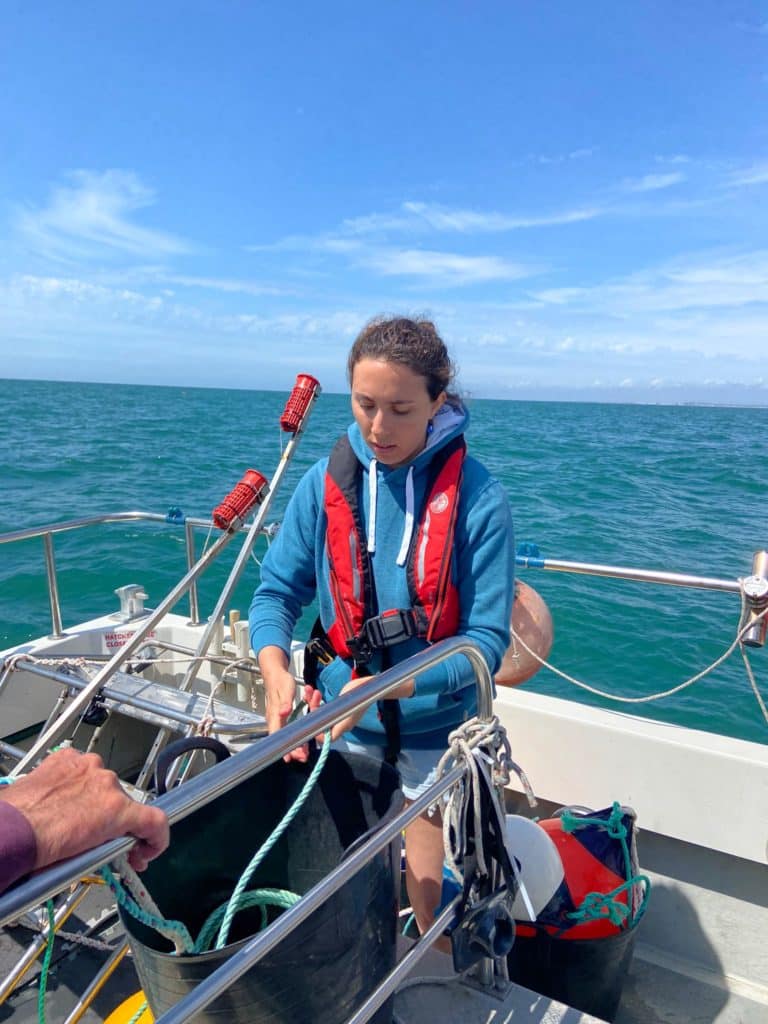
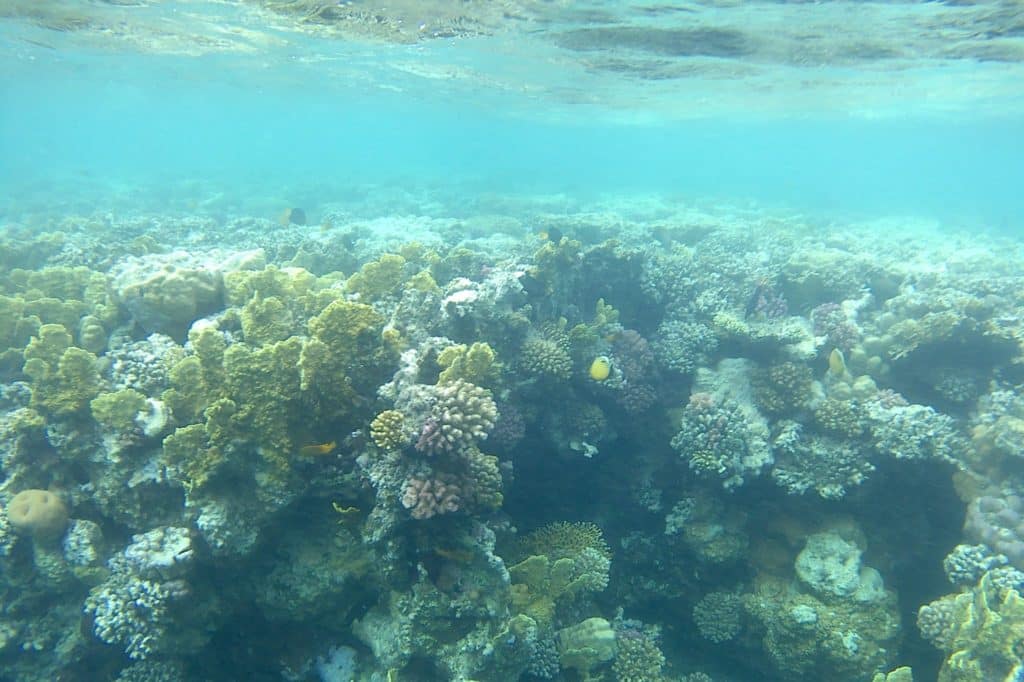
- What is your role at GiGL?
My job role is Nature Recovery Data Assistant. My primary task is to help my colleagues collate and handle the data required for the Local Nature Recovery Strategy. Since joining, it has become a much more varied role. Tasks have included mapping using applications such as MapInfo and GIS, species data organising and uploading, admin (e.g. minute taking) and social media communications. I really enjoy this variety and flexibility.
- What is your most enjoyable GiGL task so far?
The two most enjoyable tasks so far have been:
1) gaining a better understanding of how to use mapping tools such as MapInfo and ArcGIS to add and edit sites onto a spatial database.
2) combining both mine and my team’s creativity for social media engagement in the lead up and during London Day of Nature 2024, GiGL’s self-run event at Camley Street Natural Park.
- What made you want to work for a Local Environmental Records Centre?
I’ve always enjoyed working with environmental data and appreciated its importance in understanding the natural world. When I saw that there was an opportunity to work at GiGL, I immediately went for it! I also thought it would be interesting to work in a LERC based in London to learn more about the connection between the urban and natural environment. Lastly, working at a LERC provides a fantastic insight into the ecological community network due to the extensive partnership work.
- London has a lot to offer someone looking to learn more about wildlife and open spaces. What one thing would you advise people to explore?
For someone looking to learn more about wildlife and open spaces in London, I would advise them to have a look at the GiGL website as there’s a wealth of information on green spaces across London, especially on our online mapping platform Discover London. You can also find out about projects and partnerships by reading the GiGLer, and see how you can get involved yourself! Read articles about projects such as the Water Vole Recovery Programme, the White Stork Working Group, and The Greater London Pond Project to see how you can contribute while learning about wildlife and habitats along the way.
